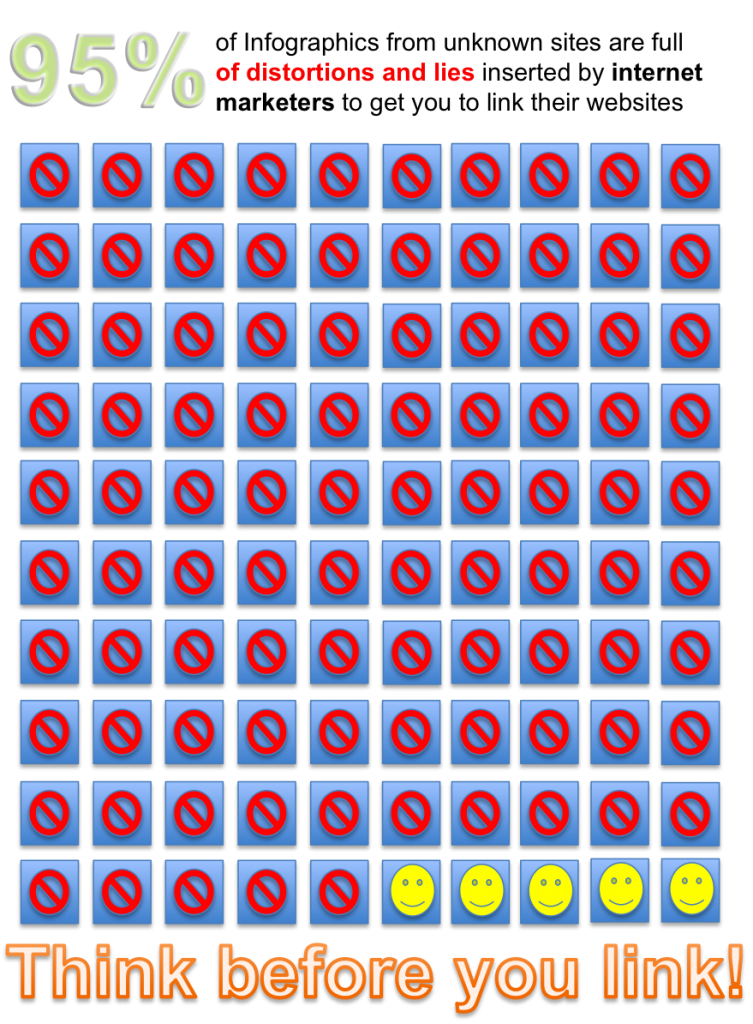Christina DesMarais has a summary of the bill introduced by Congressman Darrell Issa to replace SOPA:
Rep. Darrell Issa (R-California) introduced H.R. 3782, the Online Protection and Enforcement of Digital Trade Act in the U.S. House of Representatives on Wednesday, the same day as an Internet protest when a number of high-profile websites such as Wikipedia went dark. Issa says the new bill delivers stronger intellectual property rights for American artists and innovators while protecting the openness of the Internet. Senator Ron Wyden (D-Oregon) has introduced the OPEN Act in the U.S. Senate.
OPEN would give oversight to the International Trade Commission (ITC) instead of the Justice Department, focuses on foreign-based websites, includes an appeals process, and would apply only to websites that “willfully” promote copyright violation. SOPA and PIPA, in contrast, would enable content owners to take down an entire website, even if just one page on it carried infringing content, and imposed sanctions after accusations — not requiring a conviction.




